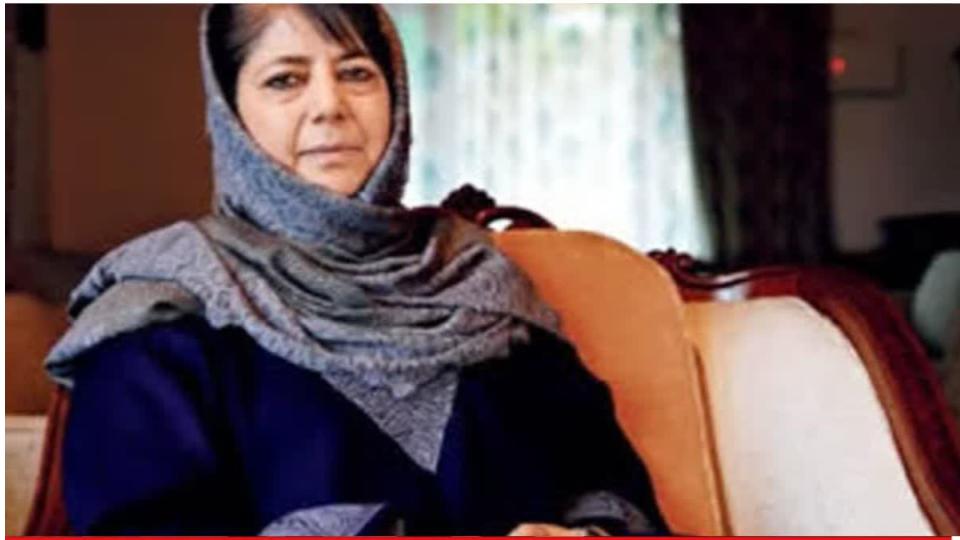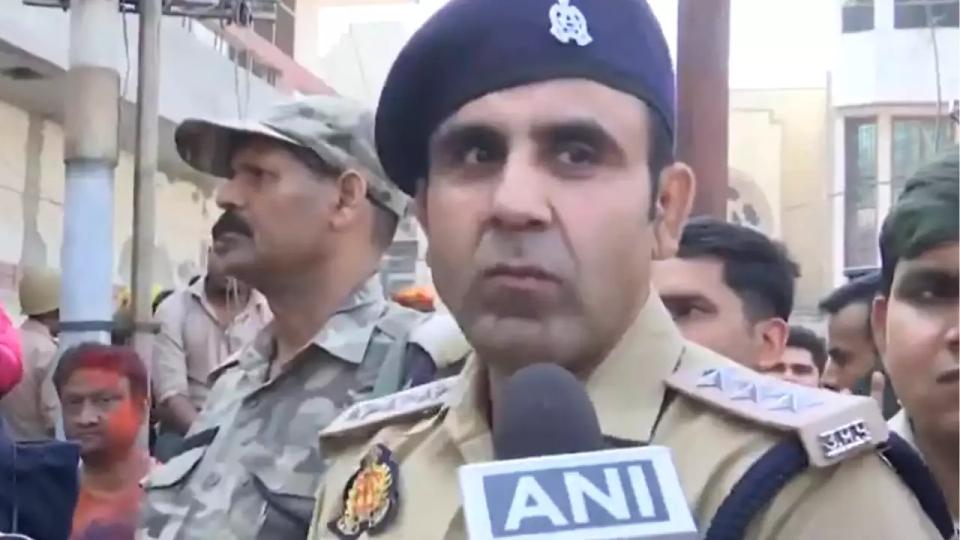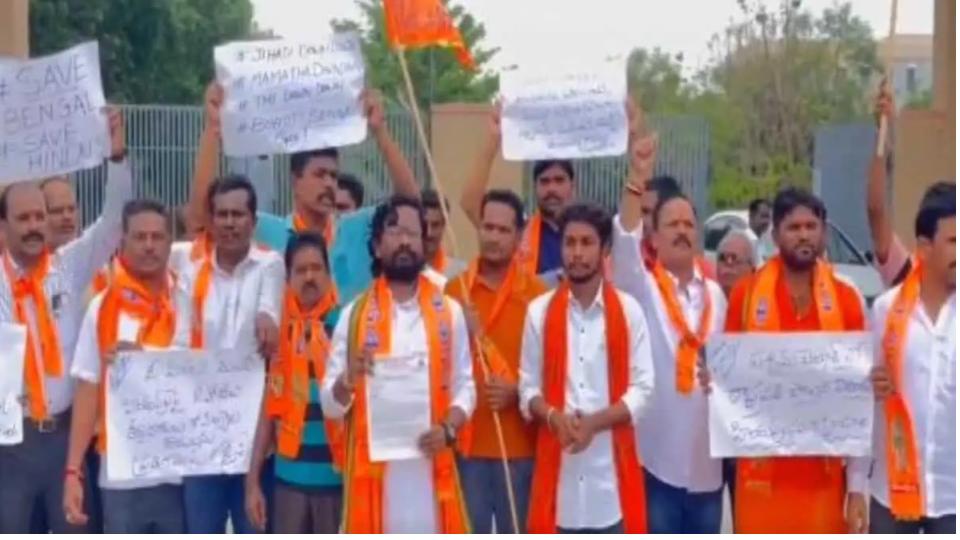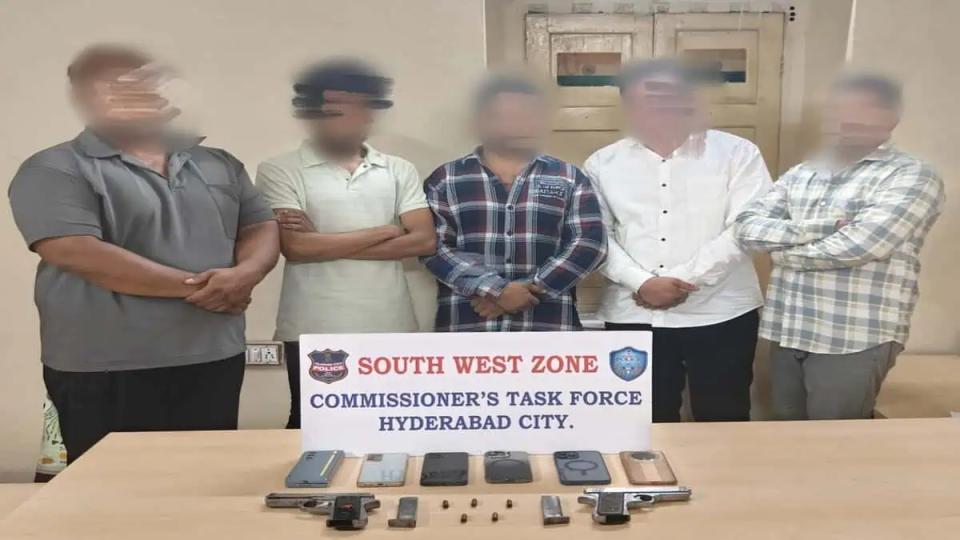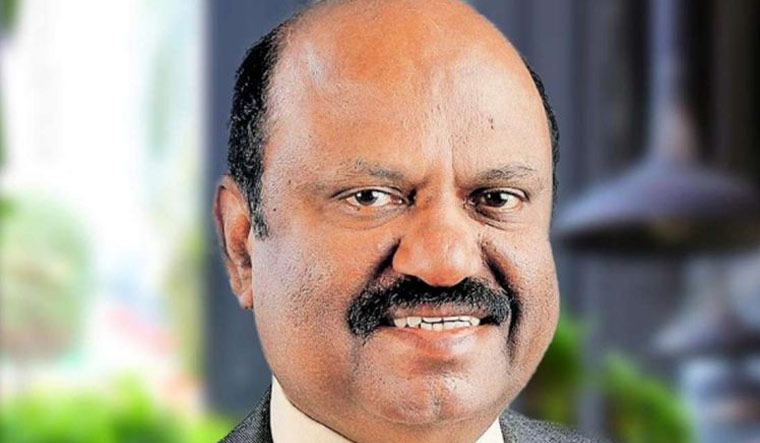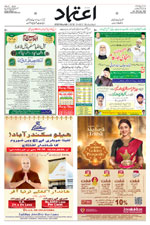Development plan for Riyadh is promising, say experts
Fri 14 Oct 2016, 12:03:47
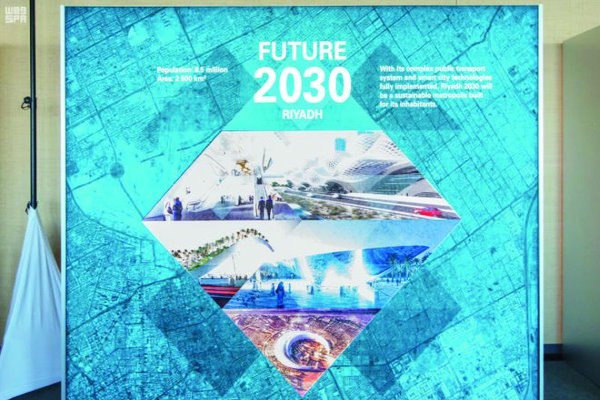
Riyadh these days looks like a big building site where infrastructure and development plans are being implemented to cater to the needs of the current and future residents.
The city is looking to achieve sustainable urban and developmental progress, in line with the Kingdom's Vision 2030 plan and the 2020 National Transformation Program, both of which envisage having three Saudi cities make it among the top 100 cities in the world, and giving their residents a higher quality of life.
The endeavor is not easy. The Saudi capital is facing a variety of obstacles in achieving this urban development, such as cultural challenges, climate, resources, and the quality of air.
On the sidelines of the activities held under the title of " A Day in Riyadh", which recently concluded at the United Nations headquarters in New York, experts discussed the city's future and whether its urban development plan is promising indeed.
The experts, interviewed by the Saudi Press Agency, said that many of the challenges facing the endeavor to reach sustainable development in Riyadh are similar to those faced by other cities in the world; the only peculiarity is related to the city's dry desert environment.
James Zogby, founder and president of the Arab American Institute, said Riyadh currently is "the city that works". He praised the city for its continuous development, especially since it started from scratch.
"The challenges facing the city of Riyadh are the same ones faced by any other major city around the world, which is how to continue to
grow in an orderly manner and ensure the quality of life for residents," Zogby stressed.
grow in an orderly manner and ensure the quality of life for residents," Zogby stressed.
Pat Mancino chief of the National Council on US-Arab Relations, said that Riyadh's growth is nowadays happening in a systematic manner that takes into account many aspects, based on "through good thinking and highly comprehensive and advanced planning."
In its most recent report, the UN-Habitat said that Saudi Arabia's cities are urbanizing fast and its urban population more than tripled from 9.32 million in 1980 to 29.8 million in 2014.
Director of UN-Habitat Yamina Djacta said youth participation in the urban development process is important, not only on the level of activities, but also at the design level, since young people represent a large percentage of the population.
"They are also an important resource of the Kingdom, as they are usually innovators and pioneers and they have a lot of creative ideas," she said, adding that the youth should be considered an important partner in the development process.
Talking about the Future Saudi Cities Program, which was developed by the KSA in cooperation with the UN to achieve sustainable urbanization, Djacta said that the "program is truly transformative and is considered a qualitative leap in the urban planning process in the Kingdom that is expected to achieve positive outcomes for the cities of Saudi Arabia."
The program's output is looking to meet the aspirations of Vision 2030.
Transport planning professor Adib Kanafani said that the public transportation project for the city of Riyadh is facing huge challenges, adding that in order to be sustainable, the project requires a steady flow of funding, be it local or external.
No Comments For This Post, Be first to write a Comment.
Most viewed from International
Most viewed from World
AIMIM News
Latest Urdu News
Most Viewed
May 26, 2020
Do you think Canada-India relations will improve under New PM Mark Carney?
Latest Videos View All
Like Us
Home
About Us
Advertise With Us
All Polls
Epaper Archives
Privacy Policy
Contact Us
Download Etemaad App
© 2025 Etemaad Daily News, All Rights Reserved.

.jpg)






.jpg)
.jpg)

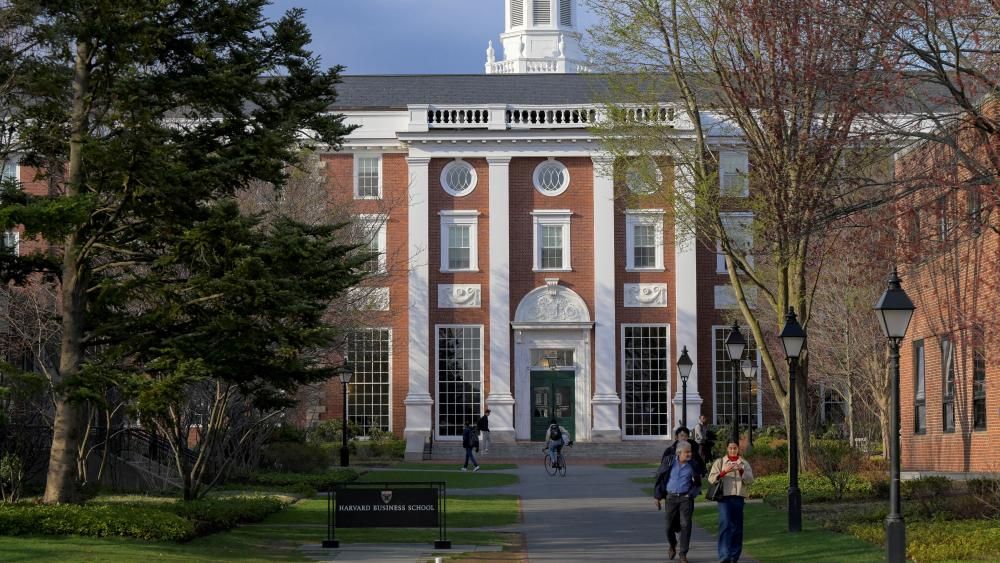
.jpg)
.jpg)
.jpg)
.jpg)
.jpg)
.jpg)
